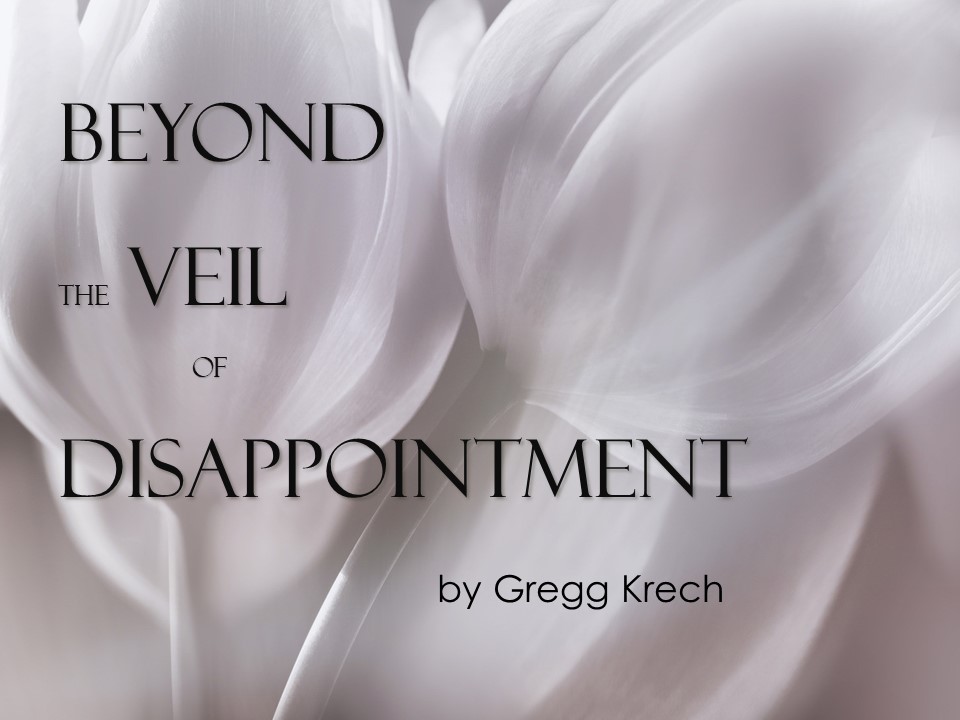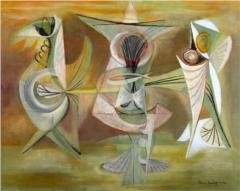We can’t be thankful for the empty shelves at the supermarket,
but we can be thankful for the food we are able to buy
and the farmers, drivers and employees who got it there.
We can’t be thankful for the restrictions on our movement,
but we can be thankful for those who honor those restrictions
to help us stay well,
and for our ability to move about, even within our home.
We can’t be thankful for the distance that separates us from loved ones,
but we can be thankful for the computers, phones, software and other technology that allow us to bridge that distance.
We can’t be thankful for the suffering of our friends and family who are ill,
but we can be thankful for the care and support they are receiving,
and for those friends and family members that remain healthy.
We can’t be thankful for our financial losses,
but we can be thankful for whatever money we have in our pocket and our bank account. And for credit cards, income tax refunds, unemployment insurance, food stamps, food banks and emergency checks from the government. Thankful for Social Security payments. For systems like Venmo and Paypal that allow us to receive money quickly. For GoFundMe pages and friends and family who have a bit more money than we do and won’t let us starve. Thankful for the knowledge of history that teaches us that economic distress passes, jobs appear and that we’re capable of working and earning a living because we have something to offer the world.
We can’t be thankful for the many losses of opportunity that we have suffered,
but we can be thankful for the opportunities that have opened up: to read, to learn, to engage in meaningful conversation with others, to listen and play music, to cook food mindfully without being rushed, to write poetry, to watch good films, and to meditate. The opportunity to quietly reflect on our lives, how we have lived, and how this crisis can help us see how we wish to live when it’s over.
As you read this there are people . . .
helping to keep you fed,
helping to keep your electricity on,
making sure there is gas for your car,
keeping the internet running,
and working to keep water flowing so you can wash your hands any time of day or night.
There are people you don’t know fighting for your life . . .
doctors, nurses, ambulance drivers, epidemiologists, microbiologists, virologists, research assistants and ventilator designers. People with jobs you didn’t even know existed. Many of them are risking their lives to keep you healthy. They are sacrificing the companionship of their families to protect you. There are lots of these people. We can be thankful for their willingness to use their knowledge and skills to defend us from a microscopic invader.
We can be grateful for the truth and the people who tell us the truth – the facts and statistics and real stories about what’s happening – even though it breaks our hearts and saddens us to know what’s going on.
In the midst of a chaotic world, those of us who have a little resting nest can be grateful for heat, for a toilet that flushes, for roofs that don’t leak and for windows and glass that allow us to see the world outside, even as we are protected from that world. We can be grateful for moments of sleep, for moments of laughter, and for those moments of presence – times when we’re connected to the only real moment that life offers us to live.
So let’s not attempt to be grateful for suffering, unless that suffering wakes us up to the love, caring and compassion that goes on backstage and behind the veil. The kindness of the world doesn’t receive much space in the news these days. But it deserves our attention.
Once we start looking for it, it’s not that hard to find.
Gregg Krech has been teaching and studying Japanese Psychology for the past 33 years. He is the editor of Thirty Thousand: A Journal for Purposeful Living and the author of five books including Tunneling for Sunlight: Twenty-one maxims for Living Wisdom from Buddhism and Japanese Psychology to Cope with Difficult Times. His next line course is Working with Your Attention, which begins on April 9, 2020.
Tags: Crisis depression gratitude











